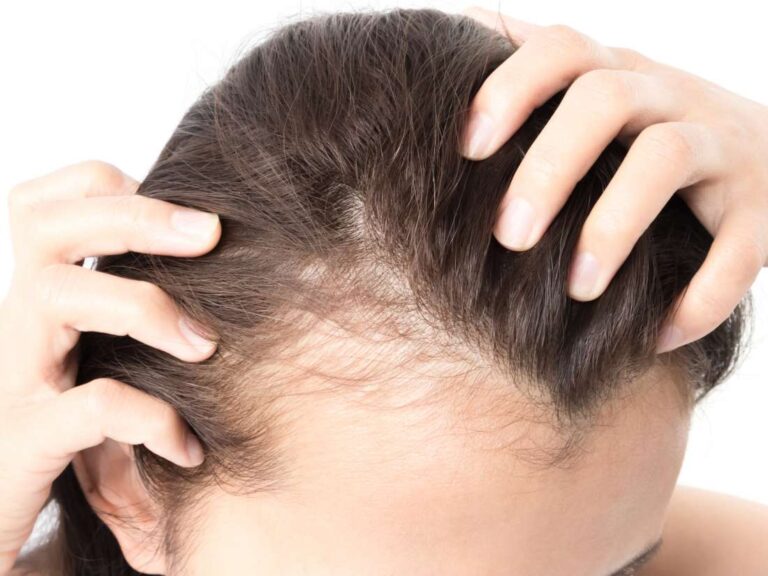Do you experience receding hairline as a woman? This problem can be slight or serious. Get insight on receding in women signs, causes including in young women. We will also look at treatments such as surgery, hair transplant as well as ways to reverse your receding hairline.
What is a receding hairline?
A receding hairline refers to the progressive hair loss experienced by women and men resulting to a slight baldness. This progressive loss of hair pattern is more common in men than in women. Often, it begins as a thinning of the hair, first on either side of the forehead.
A receding hairline doesn’t just look unseemly; it can be a devastating blow to confidence and self-esteem. Hair loss in women is a problem that is more widespread than is commonly realized.
Signs of receding hairline
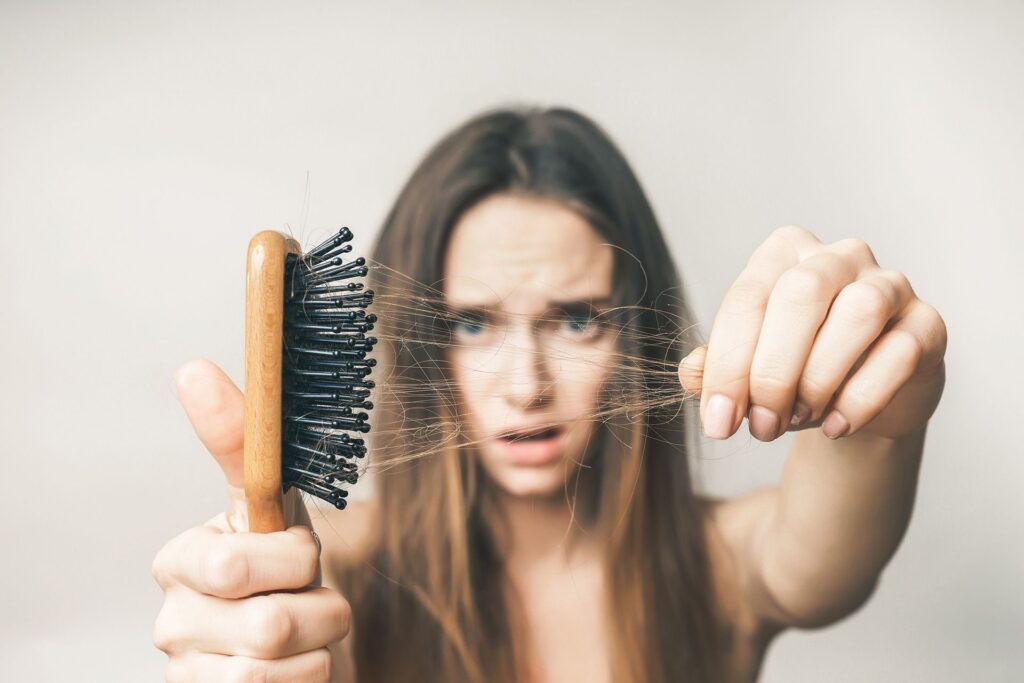
Women can only have realized the problem with thinning of hair as they rarely go bald so usually, they don’t experience receding hairline. Thinning of hair can be extremely annoying for women, as every woman loves her hair.
Ways to detect hair receding include:
- Keep an eye on your hair tie as if you need another loop of the same hairband to secure your hair, it means that you have gradual hair loss.
- Check your hairbrush regularly after every brushing session, if you daily see a lot of hair entangled in the brush, it is a clear sign of hair loss.
- After every wash, there will be more hair seen on bathroom floor or in the bathtub when you are experiencing above-average hair fall.
What causes a receding hairline?
If you have the problem of receding hairline, here are some of the main causes of receding hairline you need to know:
Genetic Predisposition
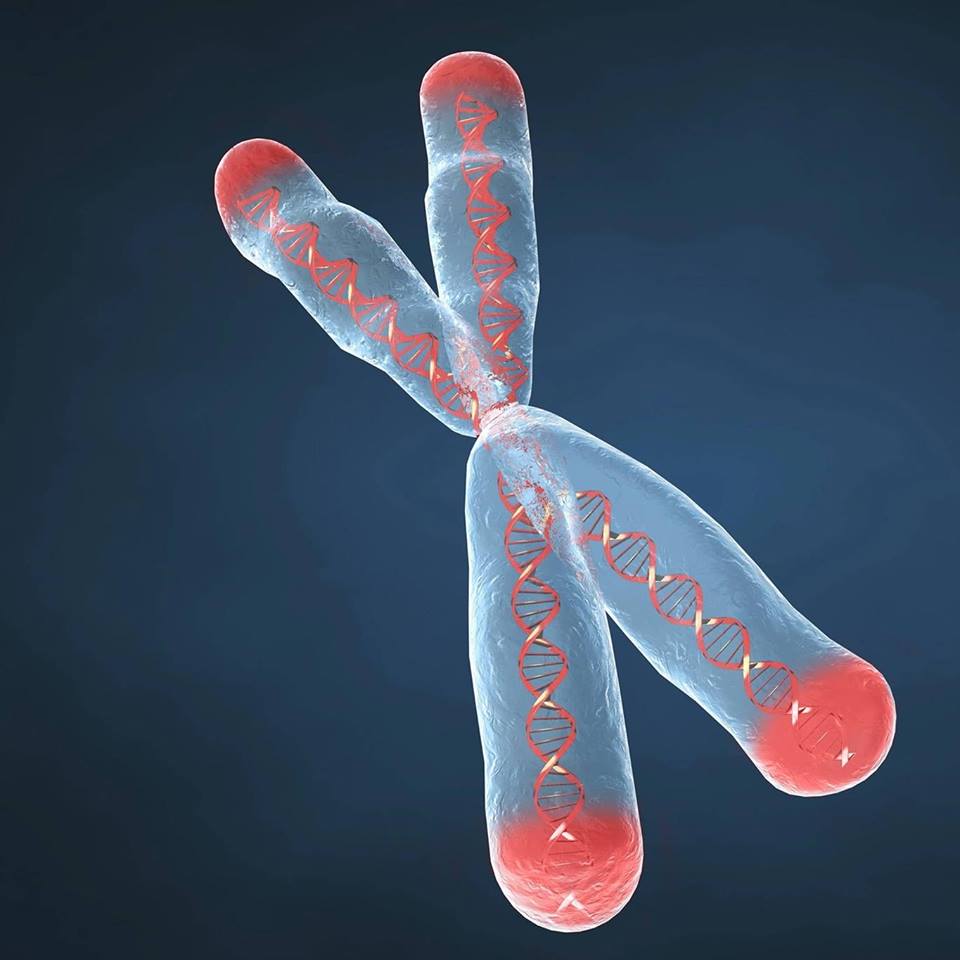
The most common cause of a receding hairline is the genetic predisposition of the person. If there is a family history of this condition, then not much can be done to prevent or curb it.
The follicles along the scalp, especially those along the lateral sides of the forehead, are genetically sensitive to dihydrotestosterone (DHT). DHT can cause the hair to recede. Without this genetic trait, you most likely won’t suffer from a receding hairline until you get older.
Hormones
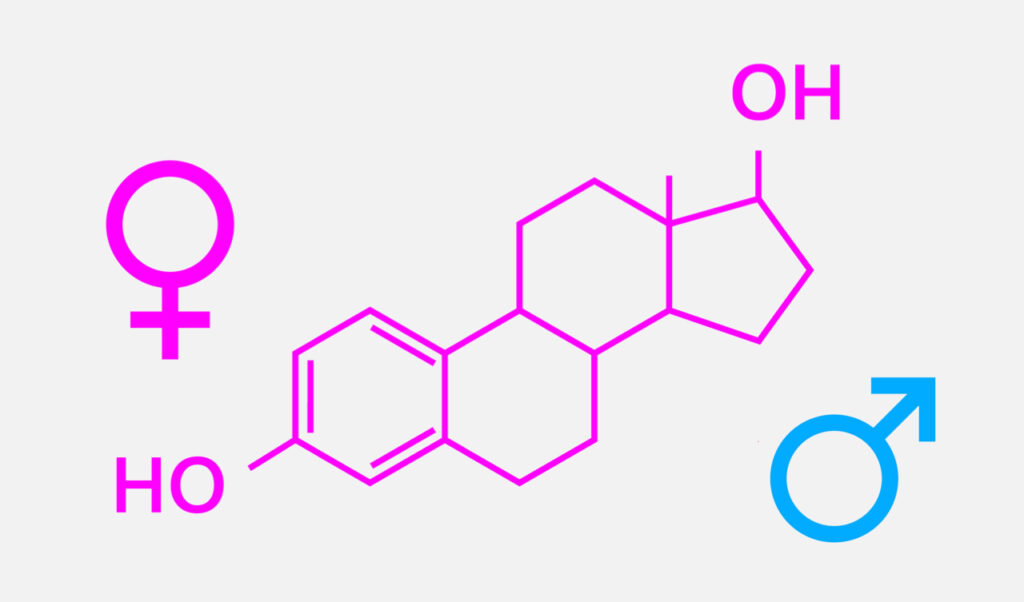
Along with genes, various hormonal changes in the body that can be causing the hairline to recede. When DHT comes into contact with hair follicles, it causes them to shrink in size. This shrinkage affects the growth of the hair, producing finer hairs than normal. These hairs easily fall out.
Normally, another hair replaces those that are shed. But DHT prevents hair growth, which leads to a receding hairline.
Medication

Receding hairline in women can be a side effect of medicines of blood pressure, heart disease, depression, cholesterol, and gout. Cancer patients who have gone through chemotherapy suffer from a sudden and massive hair loss that continues even after the treatment.
Insufficient Nutrition
When the body does not receive the required amount of nutrition, it begins displaying symptoms to warn us that there is something wrong. Hair loss could be one such symptom.
Stress

While many may not believe or agree with this, stress has been linked with hairline receding and hair loss as well. While we
all are extremely busy, we forget that every minute of stress can lead to severe health problems, the first sign of which may be something as insignificant as a receding hairline.
Age
A common cause of receding hairlines is age. The National Institutes of Health explains that people experience a thinning of hair as they grow older, so it isn’t uncommon to see a recession along the hairline as you advance in years.
Overuse of chemical-based hair products
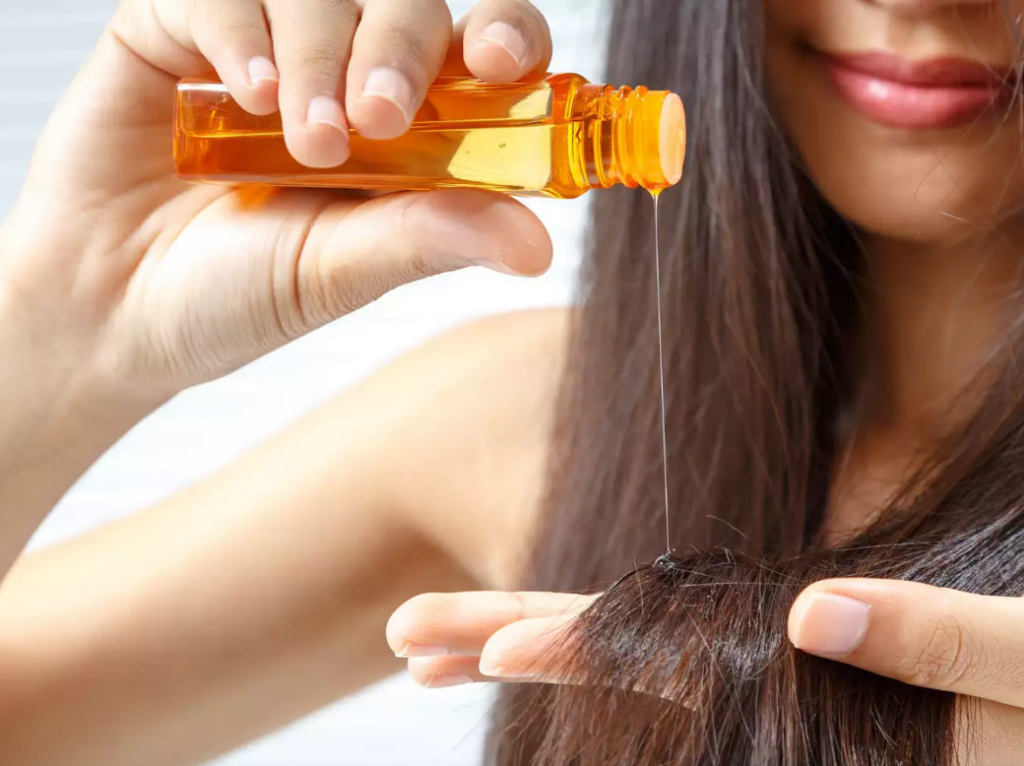
Continuous use of hair products for a longer period to enhance beauty has a side effect of hair receding in women in case they overuse it such as hair gel. Nicehair.org has info on whether or not hair gel causes hair loss as an example of hair based chemicals.
Pregnancy
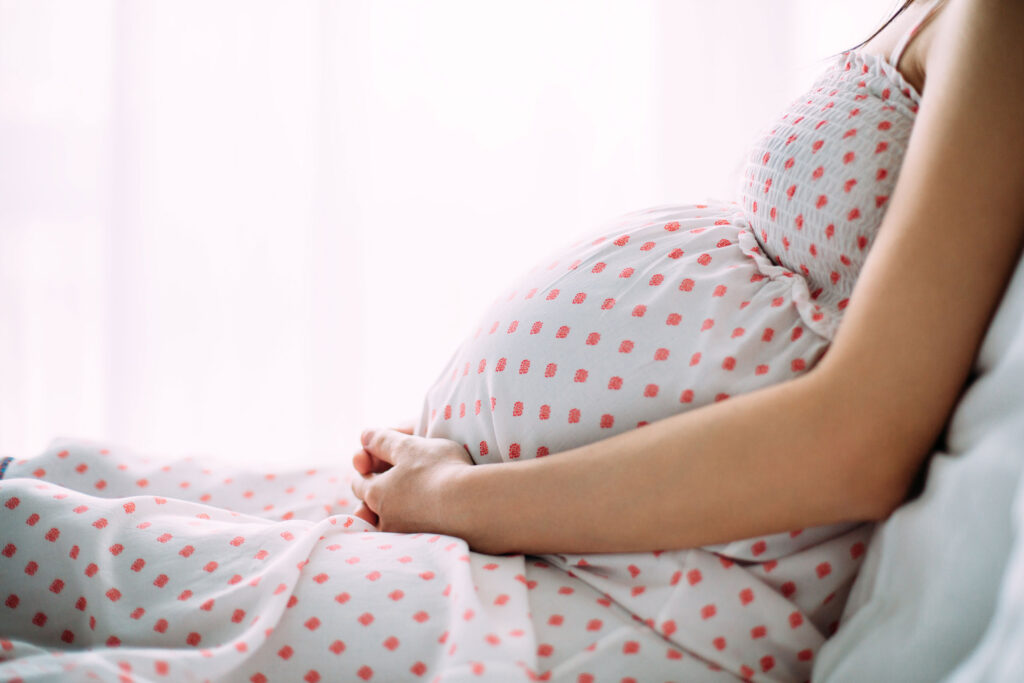
This is due to the reduction of estrogen levels during pregnancy, in turn, causes hair loss. Betrendsetter.com has more details receding hairline in men and women and explains in details who pregnancy can cause a temporary receding hairline in women.
Thyroid problems
They are a common cause of scattered hair loss. Both an overactive thyroid (hyperthyroidism) and an underactive thyroid (hypothyroidism) can cause hair loss. Hair loss associated with thyroid disease can be reversed with proper treatment.
Young receding hairline- receding hairline in teens
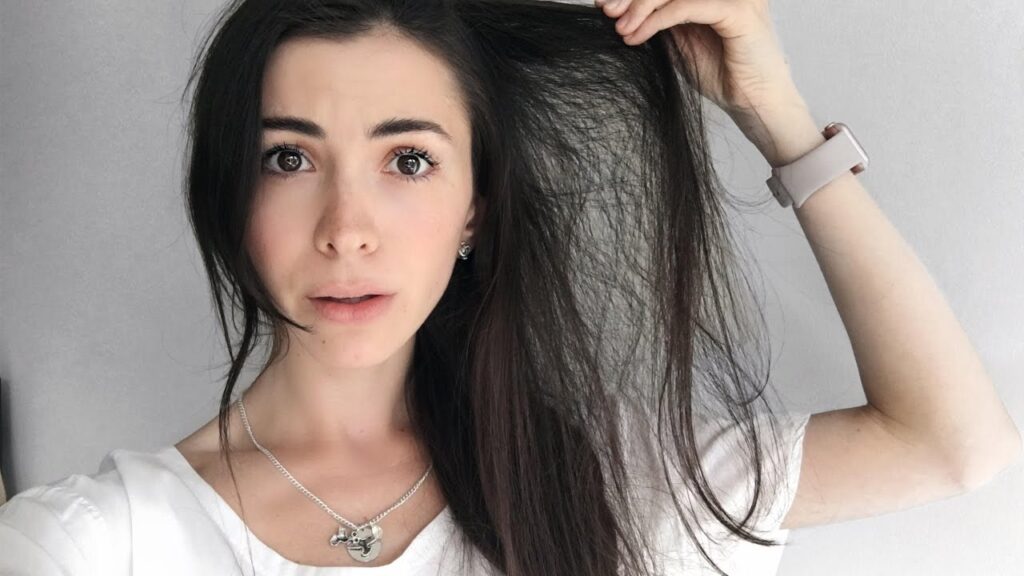
Receding hair can be stressful. Most of the time, hair loss during the teen years is temporary. With temporary hair loss, the hair usually grows back after the problem that causes it is corrected.
According to the Mayo Clinic, a history of pattern baldness on either side of the family increases the chances of having a receding hairline. According to Nemours Teens Health, male-pattern baldness can also be caused by taking steroids to build muscle.
Livestrong.com has something more on receding hairline in teens you can also see in case this is a major problem for your case.
Treatment and Reverse receding hairline
Treatment and reversal can be done through the following:
Receding hairline surgery
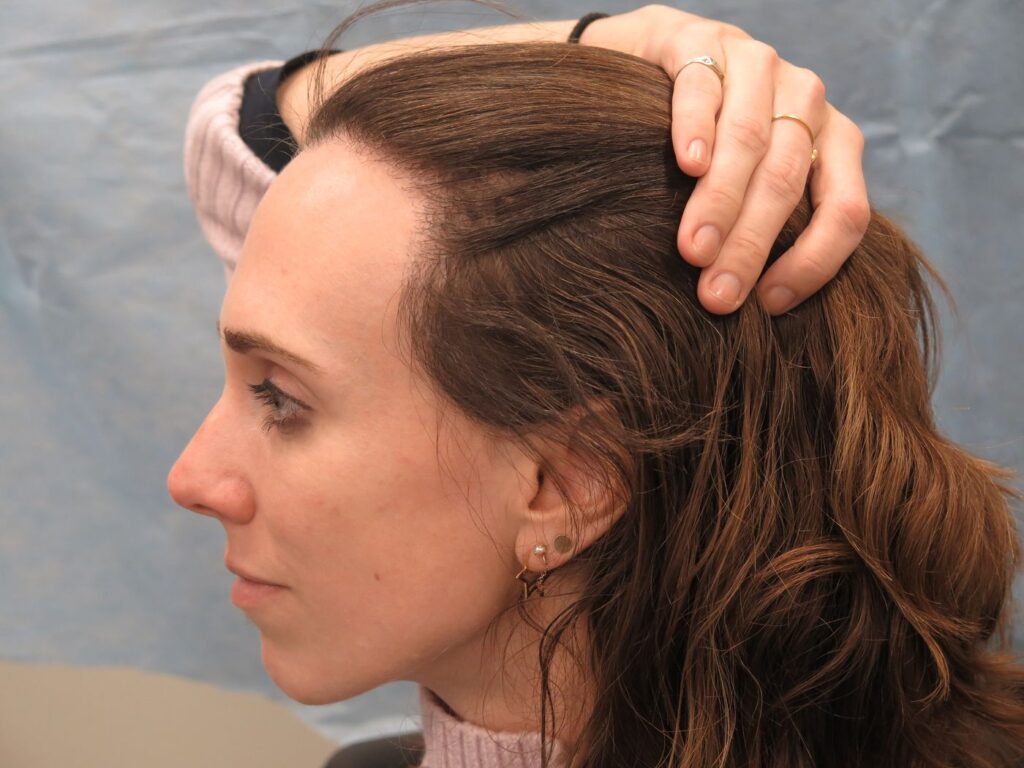
The most common type of female hair receding is seen in our practice is thinning of the anterior hairline or the hairline above the forehead. We recommend medical hair loss therapy first prior to any surgery. In some women, the hairline recedes in addition to thin.
Causes include genetics, pulling the hair back too tightly, medications, aging, and previous surgery, among others.
Hair transplant receding hairline
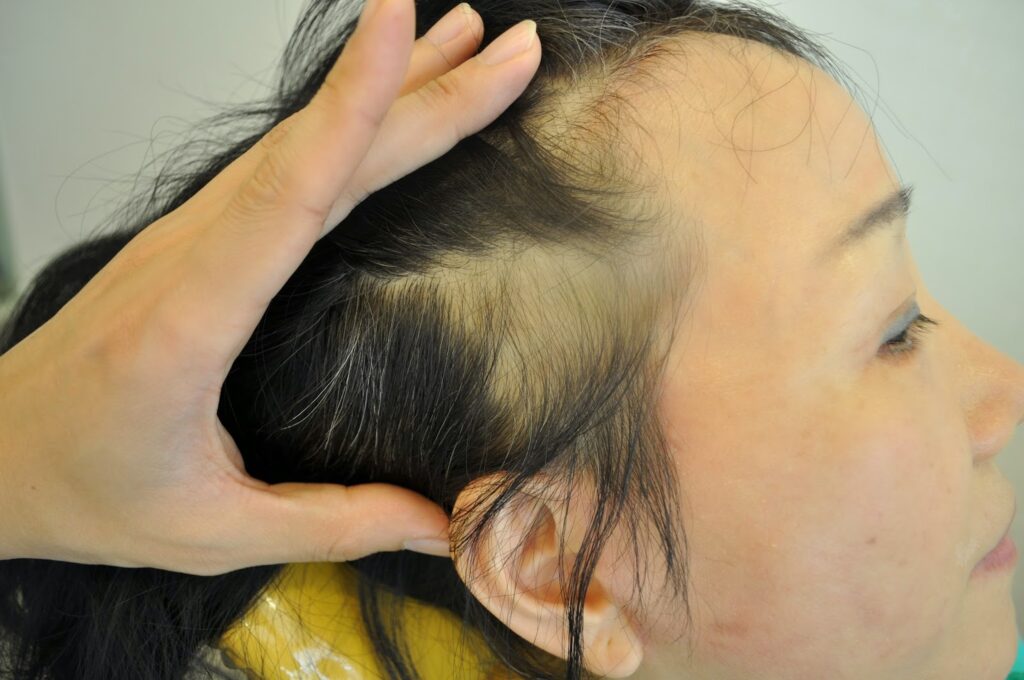
For balding individuals, the promise of regaining their hairline with the help of a hair transplant can seem all too good to pass up.
According to Armani, problems often arise when a hair transplant is done before a man has fully finished losing all of his hair – making it a risky procedure for younger men who may continue to lose hair for many years even after hair transplant.
Clear the pores in the scalp
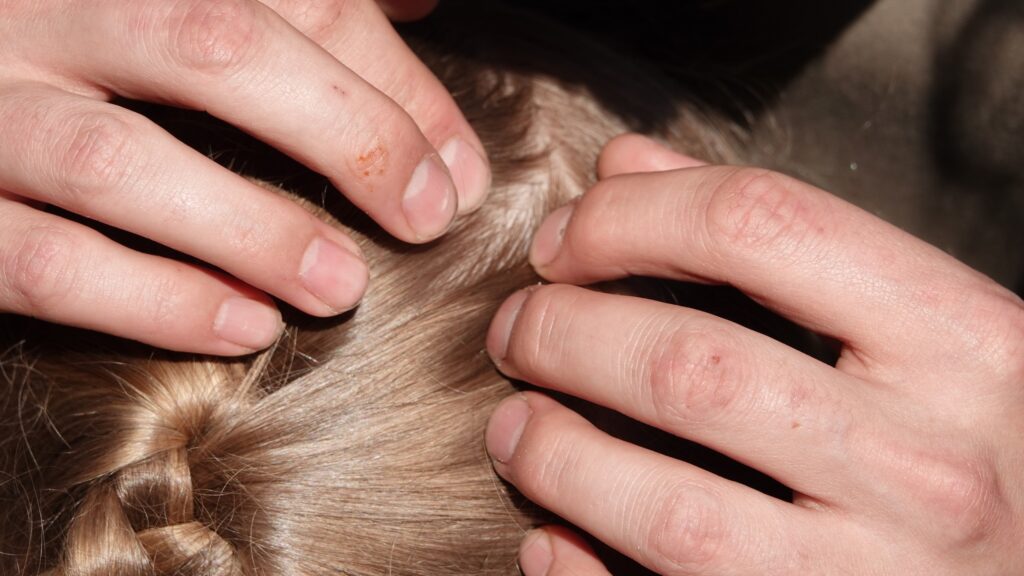
To protect your scalp and nourish your hair, your body naturally secretes an oil called sebum through the skin on your head. If you’re not careful, sebum can combine with pollutants, hair products and dead skin cells to produce a layer of plaque that embeds itself into the scalp preventing hair growth.
Some people have success using an aloe vera based shampoo and conditioner, which is thought to help bring the plaque to the surface and then break it down.
Taking a morning shower may also help. A Japanese study showed that those who showered in the morning had less plaque buildup and sebum production throughout the rest of the day.
Performing regular scalp massages with herbs have also worked for many men. Concoctions of rosemary and nettle can help to reduce the secretion of sebum and reduce any excess plaque and oils.
Increase the amount of intake of specific amino acids
Hair is made up of keratin and collagen. Keratin is the fibrous protein that makes up the bulk of the hair shaft. It is also found in our skin and nails. Collagen helps to maintain the strength of the hair and is involved in the growth process.
Many people suffering from a receding hairline have seen success by including foods that contain high amounts of the amino acids that make up the proteins keratin and collagen. It is thought that these amino acids can improve the structural integrity of hair follicles, and promote faster growth.
Improve the blood circulation to your head
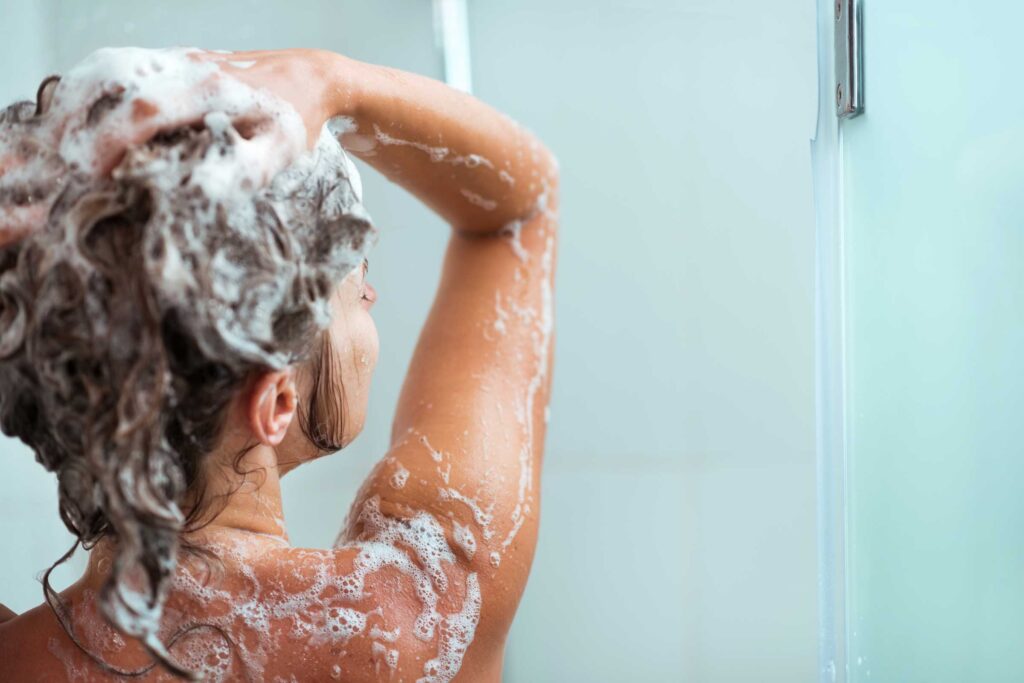
Your hair receives all the nutrients and amino acids it needs via the bloodstream. Those who suffer from a receding hairline often have issues with blood circulation to the scalp, starving their hair of the nutrients and amino acids needed for healthy hair growth.
Other factors that influence hair growth
Optimize other factors, which influence your hair:
A healthy diet

A healthy balanced diet is essential for the growth of healthy hair. Do your best to include plenty of fruits, vegetables, whole grains, legumes, nuts and seeds, whilst avoiding heavily processed foods.
Reduce stress levels
The stress hormones cortisol and epinephrine that are released during stressful times have been shown to alter the natural growth cycles of normal, healthy hair. Our bodies are designed to withstand acute, short-term stressors, but long-term stress can cause significant problems.
Avoid Alcohol Containing Products

Alcohol can dry out your scalp and cause scalp and hair issues. It is important to read the ingredients of the hair products you use and to ensure that it does not contain any alcohol. Make sure you use alcohol-free products to help your scalp stay moisturized.
Massage Your Scalp
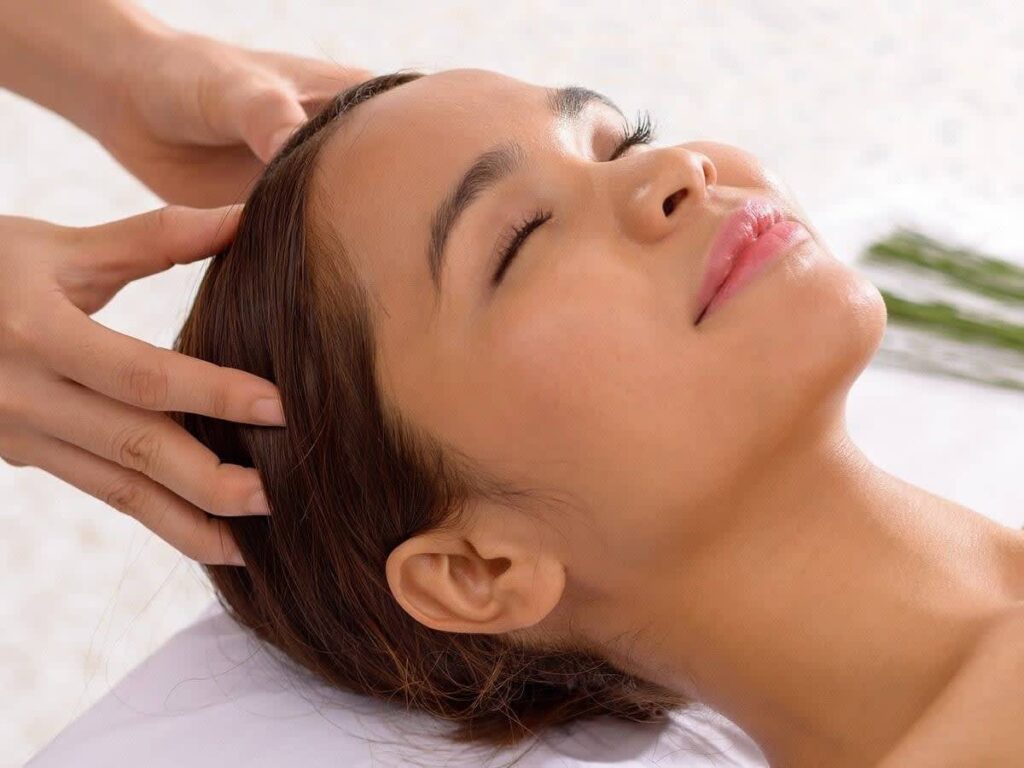
Massaging your scalp can increase the blood flow to hair follicles. This will make the hair follicles much healthier and facilitate hair growth. You can use essential oils to massage your scalps such as rosemary and lavender.

